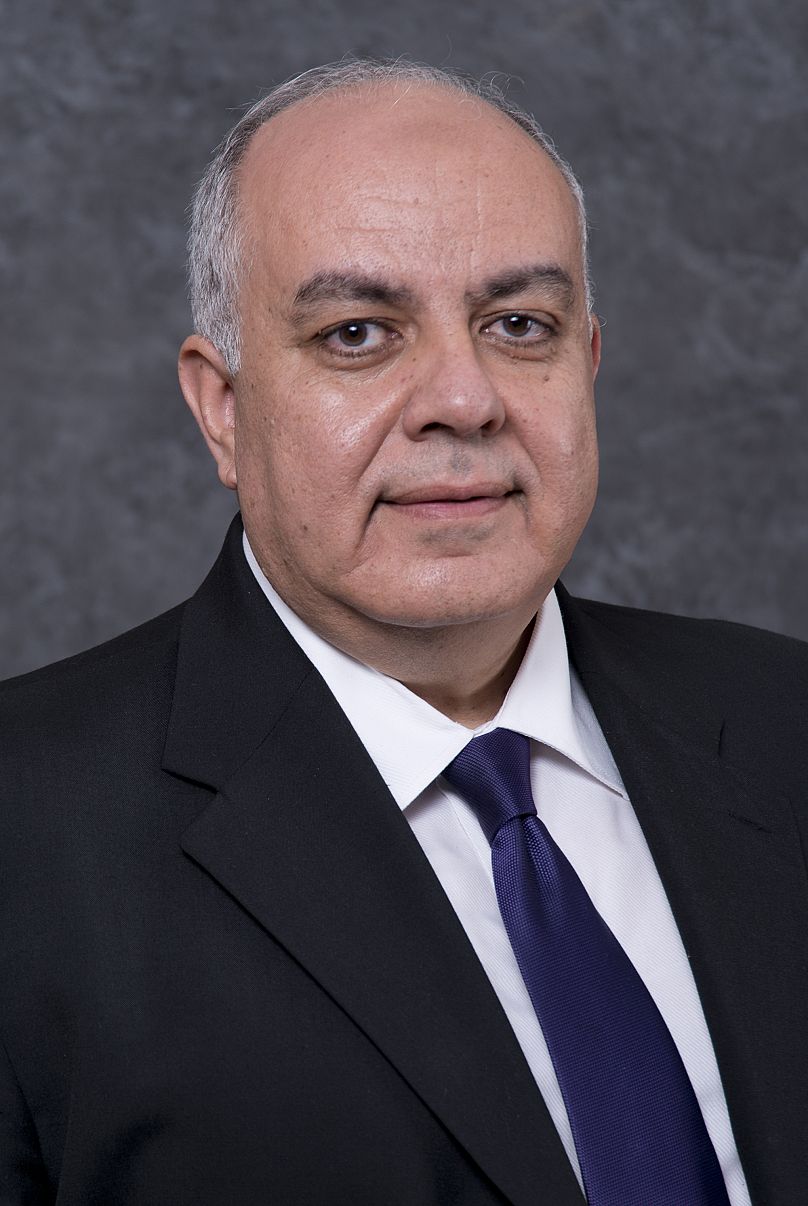Time and again, Western leaders have chosen either to endorse Sisi’s régime or to accept it implicitly. The result is the endorsement of brutal tactics which are fuelling instability in Sinai.
On Saturday 16 February, 15 of Egypt’s finest soldiers were killed in the Sinai Peninsula. A security checkpoint was targeted by insurgents, and after an 'exchange of fire,’ an officer and 14 non-commissioned soldiers were killed.
 ADVERTISEMENT
ADVERTISEMENT
 ADVERTISEMENT
ADVERTISEMENT
It’s only one of the recent tragedies to befall the country. And it’s only the latest proof that the ‘hidden war’ General-turned-President Sisi is waging in Sinai, whose ostensible aim is to end the insurgency, shows no signs of having the desired result. For over a year, this major operation - endorsed and subsidised by the Israeli military - has been underway. And yet the insurgents, the number of whom is estimated by different sources to be between just 800 and 1,200, are still capable of carrying out highly effective and lethal attacks (the number of ‘liquidated’ terrorists given by military spokesmen probably exceeds the total number of insurgents).
This begs the question of whether Sisi is capable of handling the conflict. It was in November 2017 that Sisi ordered his Chief of Staff to put an end to the insurgency within three months. If any ‘progress’ has been made at all since then - now some 15 months ago - it isn’t self-evident. More troubling (but plausible) is the possibility that Sisi wants the conflict to continue. As it is, he can continue to claim to the Egyptian public and the international community that he is bravely fighting terrorism.
In this way, he can also continue to make the case that what Egypt needs is a ‘strongman,' a leader with a firm hand on the tiller; in other words, someone who can ensure stability. Now, he can say, is not the time to discuss human rights or democracy. There are more pressing matters at hand.
Naively - or intentionally - the West has bought into this narrative. Time and again, Western leaders have chosen either to endorse Sisi’s regime or to accept it implicitly. Emmanuel Macron might vocally challenge Sisi on repression but France continues to sell Egypt arms and signs ‘cooperation’ agreements. Many believe that the latest visit to Cairo by US Secretary of State Mike Pompeo amounted to giving Sisi the green light to do whatever he wants domestically. In the two weeks subsequent to that visit, 15 innocent Egyptians have been executed.
Needless to say, this international acceptance is made easier, and more palatable for the wider public, so long as Sisi is fighting that great global enemy: the “terrorist”. At the Munich Security Conference earlier this month, Sisi was at pains to emphasise the need for “global action” against extremism. “As far back as 2014, we called on the world to tackle the use of advanced technology to recruit terrorists,” he said. “People are lured into the extremist narrative to bring killing to the world.”
Despite the efforts of Egyptian opposition figures and activists - including me - to prevent European leaders from accepting Sisi’s hospitality, the trend for indulgence continued at the inaugural summit of the European Union and the Arab League. The very presence of Donald Tusk, Theresa May, Angela Merkel and others in Sharm el-Sheikh provided yet more legitimacy to the man presiding over the worst human rights crisis Egypt has experienced in the modern era. More than that, after the unjust killing of nine political prisoners less than a week before, it suggested the complete indifference of the EU and the West to dictatorship in the Arab world.
There is a bitter irony in the man behind countless human rights abuses, not to mention the descent of a great regional power into misery and destitution, calling on the world to fight terrorism. And experts agree that what is happening in Sinai is not terrorism but insurgency. These are innately divergent methods of political violence with social origins. Accordingly, they require different approaches. And yet - assuming he does want the conflict to end - Sisi continues to try to solve his problem using “brutal” force and force alone.
The result is not only that he is failing to lessen the instability in Sinai but that he is actively fueling it. His bloated military routinely uses excessive force, arrests and even tortures women, as well as engaging in land evacuations, enforced migration, house destruction, extra-judicial killing and similar forms of intimidation and cruelty. And each time there is an incident like that which took place on Saturday, the army responds with the killing of more civilians.
This is not to say that bringing stability to Sinai is easy to do. While I was serving in the government of Mohamed Morsi, we introduced a four-point strategy to solve the problem (which was much less serious than it is today). It comprised, in addition to security measures, border control, religious and social dialogue and - perhaps most importantly - development. The people of Sinai believe they are not treated as Egyptian citizens; for that reason, we sought to invest heavily in improving infrastructure.
At that time, as Minister of Planning, I managed to find E£4.4 billion (€221 million) to fund schools, roads, water and wastewater networks and new land cultivation. But the 2013 coup put an end to that plan. Since Sisi took power, only brutality has prevailed and the problem has descended into tragedy. Despite his claims to the contrary, and the clumsy realpolitik Western leaders apply in his regard, Sisi is no guarantor of stability. His incompetence ensures that Egypt, and Sinai in particular, grow increasingly volatile.
Dr Amr Darrag is the chairman of the Egyptian Institute for Studies and a former Minister of Planning and International Cooperation











